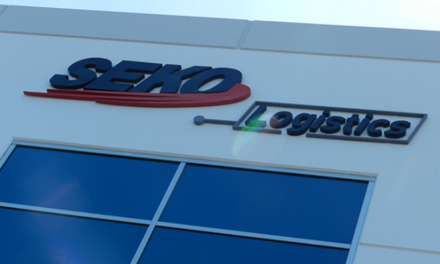
More retailers “stepping up” on supply chain sustainability

Leading retailers are “stepping up” on supply chain sustainability, according to the latest figures from the environmental lobbying and research group CDP.
In a statement issued today (26 June), CDP said: “The world’s largest retailer, Walmart, has just been joined by three more of the top 20 retail companies – CVS Health, Target Corporation and Tesco – in collecting data from suppliers to reduce environmental risk and cut carbon emissions in the supply chain.
“The leadership shown by the retail sector is part of a wider surge of action from private and public-sector organizations, harnessing their purchasing power to tackle climate change, deforestation and water security.”
CDP said that, ten years since it first started collecting supply chain data on behalf of the world’s largest purchasing organizations, “115 organizations – representing a combined annual spend of more than US$3.3 trillion – are now requesting data from over 11,500 suppliers”. This is more than a 15% increase from last year, when 99 organizations requested data.
Sonya Bhonsle, Head of Supply Chain at CDP, commented: “With emissions in the supply chain on average around four times greater than those from a company’s direct operations – and rising to up to seven times greater for retailers and consumer-facing companies – large multinational corporations cannot comprehensively address their environmental impact without looking to their supply chains.
“It’s very encouraging to see so many of the world’s biggest buyers taking supply chain sustainability seriously. By requesting data from their suppliers, they are shining a light on the risks hidden deep within their production chains – and uncovering a myriad of opportunities for reducing their overall environmental footprint, boosting innovation and cutting costs.”
CDP said that the rise in companies scrutinizing their supply chains coincides with growing momentum behind the take-up of science-based targets – goals that allow companies to reduce their emissions in line with the decarbonization required to keep global temperature increase below two degrees Celsius, the central aim of the Paris Agreement. The Science Based Targets initiative (SBTi), which helps companies develop and approves such targets, requires companies to set scope 3 targets if their scope 3 emissions account for at least 40% of their total emissions. For global retailers that do not manufacture many of the products they sell, scope 3 emissions in their supply chain can be far greater than 40%.












